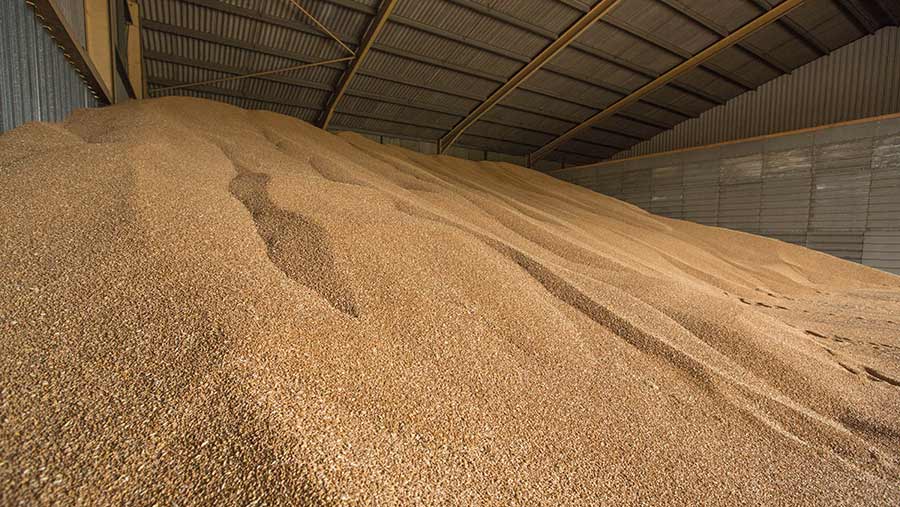Business Clinic: What to consider with business interruption cover
 © Tim Scrivener
© Tim Scrivener Whether you have a legal, tax, insurance, management or land issue, Farmers Weekly’s Business Clinic experts can help. Here, Liam Hewitt, of A-Plan Rural Insurance, advises on how to assess business interruption cover.
See also: Business Clinic: what kit checks should we be carrying out?
Q. After quite severe storm damage to farm buildings in recent months, I have been thinking about business interruption (BI) cover.
We are a mixed arable and livestock farm with some diversification (a let workshop and holiday cottage). Given the issues with BI and the pandemic, what advice do you have about how we assess BI cover?
What questions should we be asking and what should we consider in assessing this type of cover?
A: If something unexpected happens to buildings or machinery, your farm insurance policy should provide cover for the repair, rebuild or replacement.
However, it will not cover revenue lost or increased spending during the period when you might not be able to carry out normal business activities, and that is where BI Insurance can help.
Insurable risks can include:
- Fire/weather-related damage to buildings or equipment
- Theft
- Damage caused by vehicles or falling objects
- Third-party supplier damage that in turn affects your business
- Livestock or other disease
- Closure due to an official notice or announcement.
Clarity on what contingencies you are insured for is critical, so check your insurance schedule with your broker or insurer.
Different types of business interruption insurance include:
- Earnings Covers loss of farm income and normal operating expenses until you can resume day-to-day business activities (typically when a property is rebuilt)
- Profits Covers loss of farm income and normal operating expenses until revenue and farm operations return to the same level as before the incident (or a specific time period has passed)
- Actual loss sustained Coverage calculated from actual loss due to interruption of business
- Rental income Covers rental income if a let home or building is damaged for the period it takes to repair the property and find a new tenant. It can also provide cover for finding alternative accommodation for tenants during this time.
For some incomes there are specialist covers available such as livestock disease cover.
Indemnity period
This is the maximum length of time your business income is paid by the insurer. Consider the worst-case scenario and how long it would take to rebuild and return to generating the same revenue as before.
For arable incomes, 12 months is often considered sufficient. For larger, more complex dairy units 24 months may be needed to rebuild and re-establish a herd.
For holiday cottages or more niche lettings it can take even longer to rebuild, re-establish a client base or find the right tenant. In this case, 36 months may be more appropriate.
Arable farming
Set the sum insured as the expected grain sales revenue for the coming year to cover both the produce and inputs in the event of a loss.
So, if a crop is destroyed by fire in store or standing in the field, compensation is for the crop’s end value.
Equally, if fertiliser or seed is lost, loss of revenue cover can be set up to compensate you for the cost of replacing these inputs, as they might not be covered by a standard policy depending on the cover in place and advice received.
Livestock farming
Insure breeding stock, milking cows or bulls (fixed assets) under the livestock section of your policy. Insure offspring (calves and lambs) and milk production (produce) under the loss-of-revenue section.
By insuring produce as revenue and not livestock, in the event of a major loss of breeding stock, the value of future offspring and milk is also covered, even if not yet born or produced.
In conclusion, BI insurance should put a business in the same financial position it would have been in if no loss had occurred, so ensure that the variables in the cover reflect this.
Do you have a question for the panel?
Outline your legal, tax, finance, insurance or farm management question in no more than 350 words and Farmers Weekly will put it to a member of the panel. Please give as much information as possible.
Email your question to FW-Businessclinic@markallengroup.com using the subject line “Business Clinic”.
